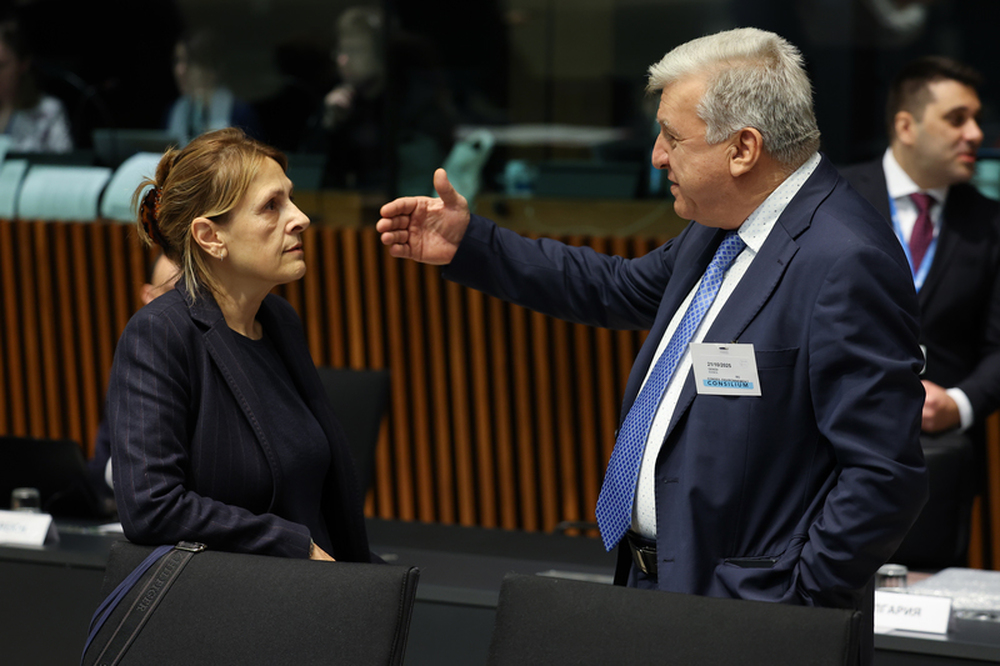site.btaBulgarian Environment Minister Highlights Water Cycle Restoration, Clean Water Access as Key to EU Sustainability


Bulgaria sees the restoration of the water cycle, ensuring clean and accessible water for all, and promoting a competitive water industry as key prerequisites for the sustainable development of the European Union (EU), Environment and Water Minister Manol Genov said during a meeting of the EU Environment Council in Luxembourg, his Ministry reported on Tuesday.
The environment ministers adopted conclusions on the European Water Resilience Strategy. They also adopted conclusions setting out the main elements of EU’s negotiating position for the 30th Conference of the Parties to the United Nations Framework Convention on Climate Change (COP30), scheduled to take place in Belem, Brazil, on November 10-21.
“Our priority remains to ensure an ambitious, yet pragmatic and realistic approach within the intra-European context,” Genov stated. He underlined the need to provide the necessary conditions for the successful implementation of climate goals, including financing, technology and capacity building.
“Particularly important for our region are the elements related to the social dimension, a just transition, the protection of vulnerable groups, and transboundary impacts,” the Minister added.
During the session, the EU Member States' environment ministers also exchanged views on the EU Ocean Pact – a strategy aimed at better protecting the ocean, promoting the “blue” economy, and supporting the well-being of people living in coastal areas.
Bulgaria expressed support for the European Commission’s vision for sustainable ocean and sea governance as outlined in the European Ocean Pact.
According to Genov, for this vision to be effective, “it is essential to set realistically achievable goals and to apply a regionally sensitive approach.” This approach should take into account the need to balance environmental objectives with economic realities in the sustainable use of marine resources; the specific characteristics of different marine basins; the limited applicability of EU law to basins shared with third countries; and the role of regional sea conventions as a natural platform for cooperation, he added.
During the meeting, an information note is to be presented by the Czechia, Bulgaria, Hungary, Italy, Lithuania, Luxembourg, and Spain, concerning the reflection of environmental priorities in the Multiannual Financial Framework for the 2028–2034 period. A possible reduction in funding for environmental policies is a cause for serious concern, as it would hinder the implementation of key initiatives, including the recently adopted Nature Restoration Regulation.
For Bulgaria, the funding needed for biodiversity alone would amount to nearly the current total investment in the entire environment sector. In this context, Bulgaria calls for the preservation and strengthening of the LIFE Programme – the only EU programme dedicated entirely to the environment – as a separate and visible instrument in support of the EU’s sustainable development and green transition, the Ministry reported.
In June, the European Commission announced the Water Resilience Strategy, which aims to restore and protect the water cycle, build a water-smart economy, and ensure clean water for all. At the time, Environment and Water Resilience Commissioner Jessika Roswall said the European Investment Bank would mobilize EUR 15 billion over the next three years to boost lending for water-related investments.
/PP/
news.modal.header
news.modal.text